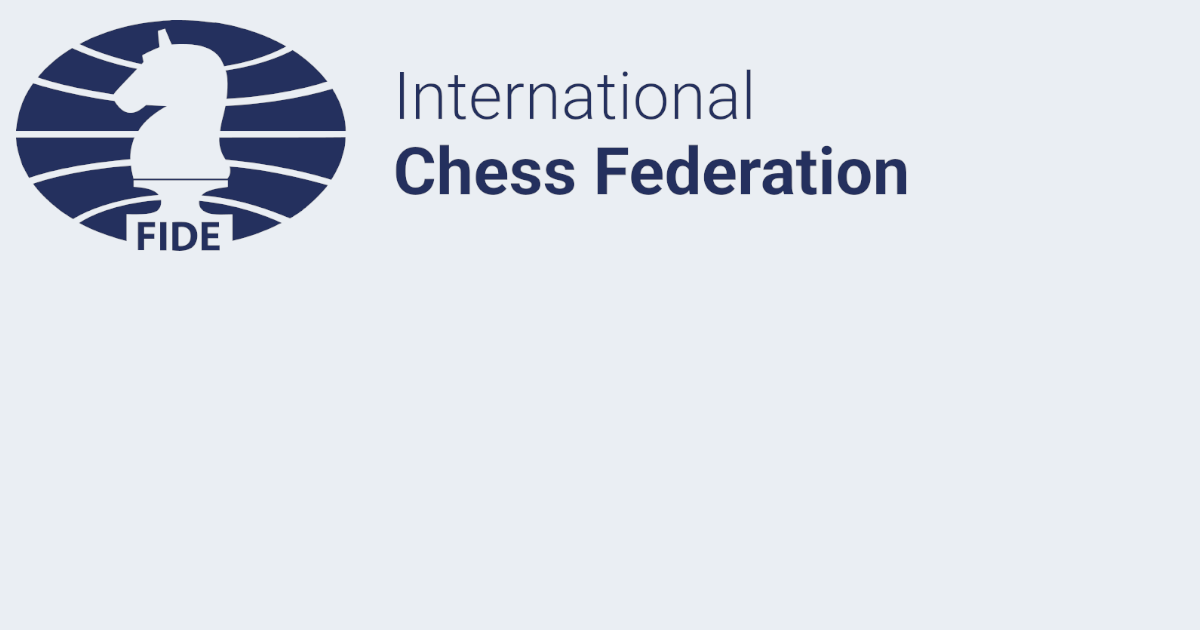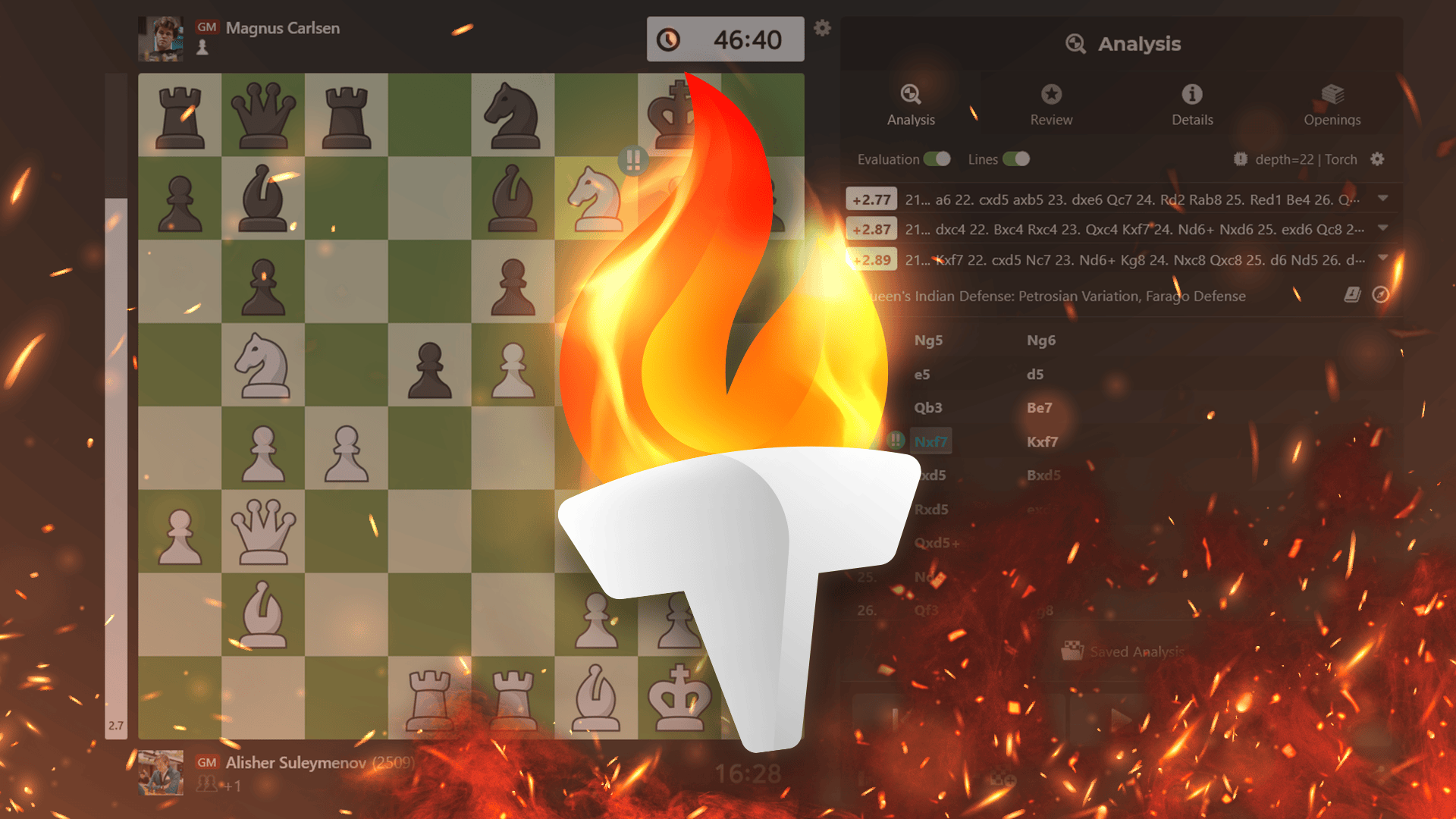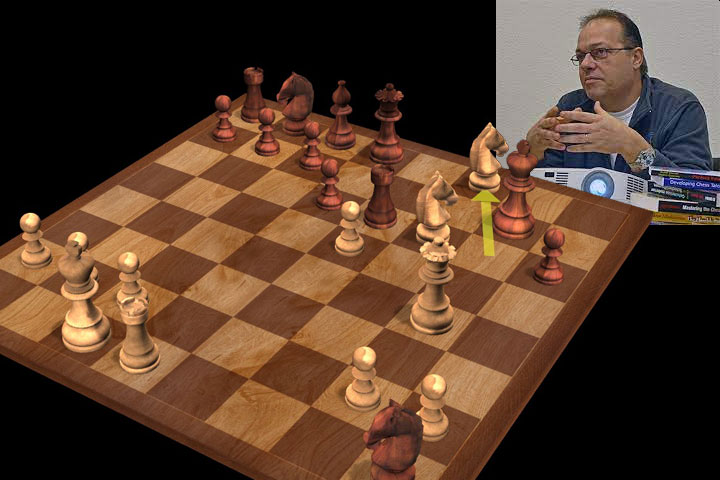Intelligence
The relationship between cognitive ability and chess skill:
A comprehensive meta-analysis
Abstract
Why are some people more skilled in complex domains than other people? Here, we conducted a meta-analysis to evaluate the relationship between cognitive ability and skill in chess. Chess skill correlated positively and significantly with fluid reasoning (Gf) (
= 0.24), comprehension-knowledge (Gc) ( = 0.22), short-term memory (Gsm) ( = 0.25), and processing speed (Gs) ( = 0.24); the meta-analytic average of the correlations was ( = 0.24). Moreover, the correlation between Gf and chess skill was moderated by age ( = 0.32 for youth samples vs. = 0.11 for adult samples), and skill level ( = 0.32 for unranked samples vs. = 0.14 for ranked samples). Interestingly, chess skill correlated more strongly with numerical ability ( = 0.35) than with verbal ability ( = 0.19) or
visuospatial ability ( = 0.13). The results suggest that cognitive ability contributes meaningfully to individual differences in chess skill, particularly in young chess players and/or at lower levels of skill.
Introduction
Research has convincingly established that cognitive ability (or intelligence) is a statistically and practically significant predictor of a wide range of socially relevant outcomes. For example, cognitive ability is the single best predictor of both work performance (Schmidt & Hunter, 2004) and educational achievement (Deary, Strand, Smith, & Fernandes, 2007). People who do well on tests of cognitive ability tend to perform better at work and in school, and even to live longer (Batty, Deary, & Gottfredson, 2007), than people who do less well on these tests.
Here, we consider the question of whether cognitive ability contributes to individual differences in expertise
—that is, skill in a specific domain.
This question has been hotly debated in psychology for well over a century. Using biographical dictionaries, Francis Galton (1869) found that eminence in fields such as music, science, and art tends to run in families, and that the likelihood of two relatives both having achieved eminent status varies with degree of biological relation. For example, considering the 300 most distinguished men in his sample, 36% of their sons achieved eminence, compared to 9.5% of their grandsons and 1.5% of their great-grandsons (see Plomin, DeFries, McClearn, & McGuffin, 2008). Galton concluded that eminence arises from “natural ability.” John Watson (1930), the founder of behaviorism, countered that “practicing more intensively than others…is probably the most reasonable explanation we have today not only for success in any line, but even for genius” (p. 212).
More recently, in the spirit of Watson (1930), Ericsson and colleagues proposed that individual differences in skill largely reflect engagement in a long period of
deliberate practice (Ericsson, Krampe, & Tesch-Römer, 1993).
This view has been challenged by the finding that although deliberate practice accounts for a sizeable amount of variance in domain-specific performance, it leaves an even larger amount unexplained and potentially explainable by other factors (Macnamara et al., 2014, Macnamara et al., 2016). Ericsson and colleagues have further argued that cognitive ability, which is substantially heritable (Jensen, 1999, Plomin et al., 2008), does not correlate with expert performance. For example, in a
Harvard Business Review article, Ericsson, Prietula, and Cokely (2007) claimed that “there is no correlation between IQ and expert performance in fields such as chess, music, sports, and medicine” (p. 116).
Nevertheless, there have been few attempts to evaluate evidence for the relationship between cognitive ability and skill through formal meta-analyses. Here, we report the first ever meta-analysis of the relationship between cognitive ability and skill in chess, the original domain for research on expertise (Simon and Chase, 1973, de Groot, 1946/1978).
Chess is an ideal domain for a meta-analysis of the relationship between cognitive ability and skill, for three reasons. First, chess is one of, if not the, single most studied domains in research on expertise—the “Drosophila” (fruit fly) of expertise research (e.g., Simon & Chase, 1973). Second, unlike in many domains,
there is an objective measure of skill in chess—the Elo (1978) rating. Finally, chess is a complex and purely intellectual activity.
Why are some people more skilled in complex domains than other people? Here, we conducted a meta-analysis to evaluate the relationship between cogniti…

www.sciencedirect.com











 Αααααααν πιάσουν!
Αααααααν πιάσουν!


